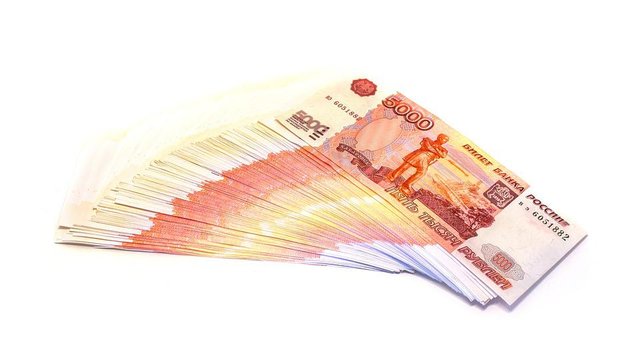### Russia avoids a financial crisis, but the fall has begun.

Andrey Nechaev, who served as Russia's finance minister in the early 1990s, claims that as he travels around Moscow, the same traffic delays that were present previously are present.
Although China and India's willingness to purchase inexpensive Russian oil has helped, Nechaev and other analysts claim that Russia's economy has begun to deteriorate and is expected to experience a protracted period of stagnation as a result of sanctions by the West.
Except for a few empty stores where once-dominant Western brands have fled the nation in their hundreds, not much appears to have changed on the surface. Starbucks (SBUX) cafes are already gradually reopening under the barely covert moniker Stars Coffee, while McDonald's (MCD) is now known as "Vkusno I tochka," or "Tasty, and that's it."
Moscow's streets are as crowded as ever.
Exodus of Western companies and a never-ending barrage of punitive sanctions from the West aimed at Russia's crucial energy exports and financial system are having an impact, but not in the way many had anticipated.
Nechaev, who oversaw some of Russia's most difficult economic periods and assisted in guiding its transition to a market economy, attributes some of this to his predecessors.
As the West froze almost half of Russia's $600 billion in foreign exchange reserves in the wake of the invasion, the ruble did fall to a record low against the US dollar earlier this year. But since then, it has recovered to reach its highest level since 2018 against the US dollar. (Recall President Joe Biden's warning that it would be reduced to "rubble")
The majority of those rate increases and strong capital controls from the spring have since been virtually undone. Interest rates are currently lower than they were prior to the war, and the central bank projects that inflation, which peaked in April at roughly 18%, will range between 12% and 15% for the entire year.
The central bank has also increased its prediction for the year's GDP, which is now expected to contract by 4% to 6%. An 8% to 10% contraction was anticipated for April. Additionally, the International Monetary Fund now projects a 6% decline.
Since annexing Crimea in 2014, Moscow has been attempting to create a "fortress economy."
As a result of the sanctions put in place by the West after Moscow annexed Crimea in 2014, the Kremlin had eight years to prepare, which was helpful.
Because the central bank has a backup payment system, "the exit of Mastercard and Visa barely had an impact on domestic payments," claims Nechaev.
In 2017, Russia launched the Mir credit card and its own system for handling transactions.
According to Chris Weafer, founding partner of Macro Advisory Ltd, a consulting firm that offers advice to global corporations doing business in Russia and Eurasia, there is a reason why Russians who love McDonald's and Starbucks may still satisfy their cravings for fast food.
Since 2014, a large number of foreign brands have localized some or all of their supply chains in Russia in response to government pressure. As a result, it was quite simple for Russian buyers to acquire these businesses when they shut down by simply altering the wrapping and packaging.
Weafer says, "Same people, same goods, same supply."
But it's not an absolutely foolproof plan.
When the Russian potato production was insufficient, the rebranded McDonald's restaurants reported a scarcity of French fries in the middle of July. Sanctions prevented international suppliers from supplying the shortfall.
Can the energy boom in Russia last?
Consistency in fast food is one thing. The oil sector in Russia, which is still by far the largest source of government revenue, is crucial to the country's long-term stability.
Russian oil and gas exports to Europe brought in twice as much money between March and July of this year as they have on average in previous years, according to the International Energy Agency. That's in spite of volume declines. Gas shipments to Europe have decreased by roughly 75% during the last 12 months, according to IEA data.
A different substance is oil. The IEA forecast in March that sanctions or the threat of penalties would drive 3 million barrels per day of Russian oil to leave the market starting in April has not come to pass. Although Rystad Energy analysts note a minor decline throughout the summer, exports have kept steady.